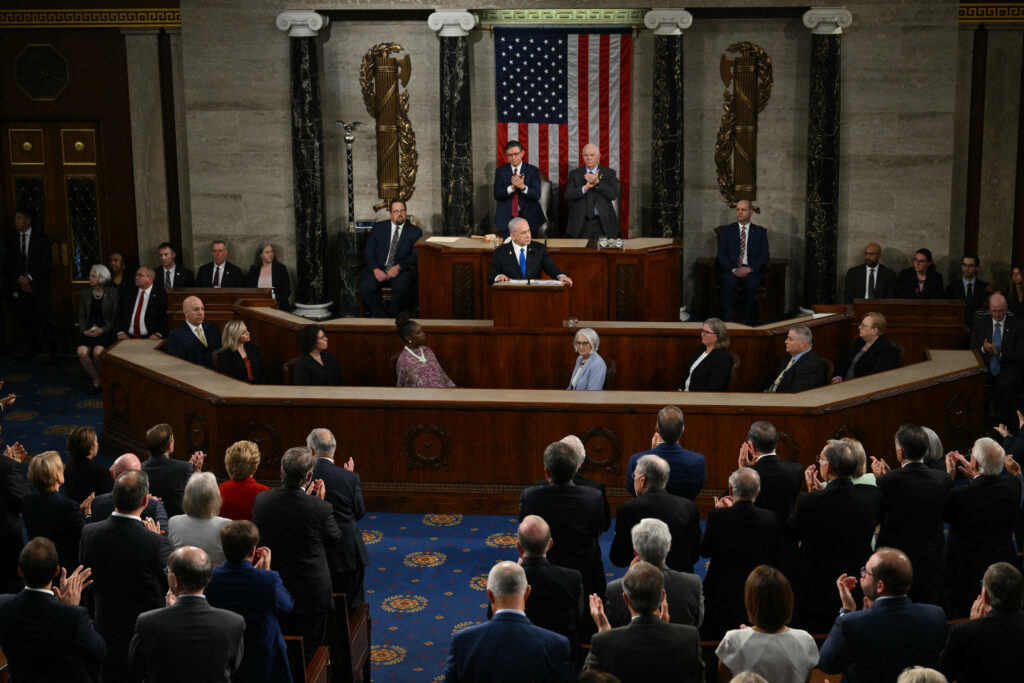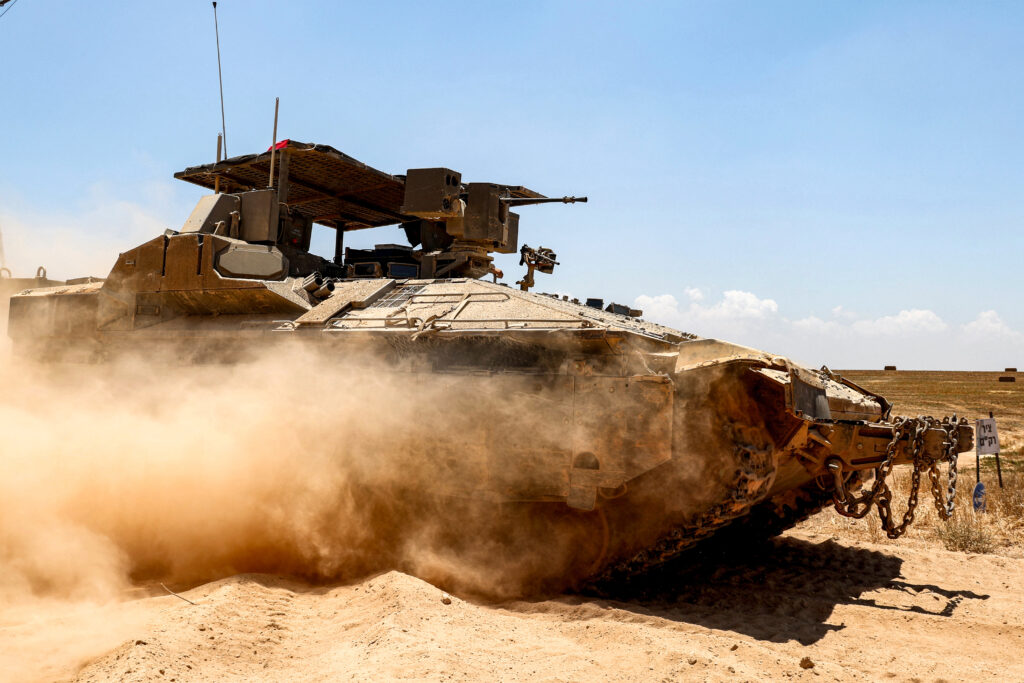As Israel-Russia Relations Sour, Middle East Braces for the Fallout
- - August 31, 2022

*Article courtesy of the Syndication Bureau
By Dnyanesh Kamat
Ever since Russia’s invasion of Ukraine in late February, Russian Jews have been emigrating to Israel in growing numbers. Angered over the invasion and fearful of persecution, some 20,500 of the estimated 165,000 Jews in Russia have left for Israel, and more are expected to follow.
The departures are part of a larger Russian exodus fueled by opposition to the war, but they are also a sign that tensions between Russia and Israel are mounting. How this relationship evolves will have political and security implications for Israel and the entire Middle East.
Currently, the leadership of Russia’s Jewish community appears divided on how to respond to Russia’s war in Ukraine. On the one hand, Rabbi Berel Lazar, the Chief Rabbi of Russia, has called for peace and offered to mediate but also attended Russia’s Victory Day parade in May – a tacit nod to the Kremlin. On the other hand, Rabbi Pinchas Goldschmidt, the Chief Rabbi of Moscow, fled the country after refusing to condone the conflict.
Russia’s Jews are more united in their historical memory. With strong ties to Ukraine (as well as Moldova and Belarus), Russian Jews suffered mightily during previous periods of unrest in the country, and for those who have left now, they feared that history could easily repeat.
While there is no overt state-directed antisemitism in Russia currently, several events have raised concern within the Russian Jewish community. In March, for example, after Russian-Jewish journalist Alexei Venediktov was fined for speaking Ukrainian on a radio show, the entrance to his home was vandalized with antisemitic symbols and a severed pig’s head.
Moscow has also threatened to shut down the local branch of the Jewish Agency for Israel, an organization founded in 1929 to facilitate Jewish immigration to Israel.
Even the invasion of Ukraine was legitimized using an antisemitic subtext. Russian propaganda claimed that war was necessary to “de-Nazify” the country, and it used as evidence the presence of the Azov battalion, a Ukrainian far-right militia with neo-Nazi roots that was involved in the siege of Mariupol.
And yet, the far-right in Ukraine was trounced in the country’s last election, while Ukraine’s elected president, Volodymyr Zelenskyy, is himself Jewish. When this was pointed out to Russian Foreign Minister Sergei Lavrov during an interview in May with an Italian news channel, his response – that Hitler had Jewish origins – caused outrage in Israel. “The lowest level of racism against Jews is to accuse Jews of antisemitism,” Prime Minister Yair Lapid said.
This episode marked a turning point in contemporary Russia-Israel relations. Whereas the previous prime minister, Naftali Bennett, was restrained in his comments regarding the war, Lapid has been stridently critical. In April, after reports emerged of a massacre of civilians in Bucha, Lapid, who was then foreign minister, accused Russian forces of committing war crimes (Bennett, by contrast, said nothing). Israel-Russia ties deteriorated further after Lapid became prime minister in July.
Amid the heightened tensions, Israel faces new security challenges with regional implications. For instance, if Moscow moved to end a security arrangement that has given Israel relative freedom to attack Iranian and Hezbollah positions in Syria, it could sharpen the proxy war underway between Iran and Israel, which might in turn suck in other states in the region.
Russia also maintains a naval base in the Mediterranean and could use its assets to complicate Israeli plans to export gas to Europe.
Military flare-ups have already occurred. In May, Russia fired S-300 anti-aircraft missiles at an Israeli aircraft in Syria. In June, Russia threatened to refer Israel to the UN Security Council after Israel bombed the Damascus airport, which Israeli officials said was being used by Iranian arms smugglers. Then in July, Russia fired a “warning shot” at an Israeli F-16 fighter jet entering Syrian airspace.
Russia-Israel relations are also influencing Israel’s domestic politics. As Israelis prepare to head to the polls in November for legislative elections, many are watching to see if Lapid’s tough stance vis-à-vis Russia will pay off at the ballot box. (Israel’s security agency, Shin Bet, has even reportedly asked Russia not to interfere in the balloting, though the Israeli government has denied the report).
For his part, former Prime Minister Benjamin Netanyahu sees Lapid’s hawkish stance on Russia as an opportunity for his own political future. Netanyahu, who prides himself on his close ties to President Vladimir Putin, has accused Lapid of endangering Israel’s “measured, balanced, and responsible friendship” with Russia, and for creating a crisis that has endangered Israel’s national security.
The war in Ukraine has produced a broad geopolitical shift in the region – it’s no coincidence, after all, that when US President Joe Biden visited Israel in July, Putin was meeting with the presidents of Iran and Turkey in Tehran. But as Russian Jews vote with their feet and new alliances are formed amid the backdrop of war, the international community must remind Russia and Israel that their relationship has implications far beyond their own borders.
Image: Pixabay
About the Author

Dnyanesh Kamat is a political analyst who focuses on the Middle East and South Asia. He also consults on socio-economic development for government and private-sector entities.
Author Image: Syndication Bureau
More in This Series
More in This Series
- Jean-Loup Samaan
- - July 11, 2024
- Aisha Al-Sarihi, Ehsan Rasoulinezhad, Jinseok Sung
- - June 20, 2024








